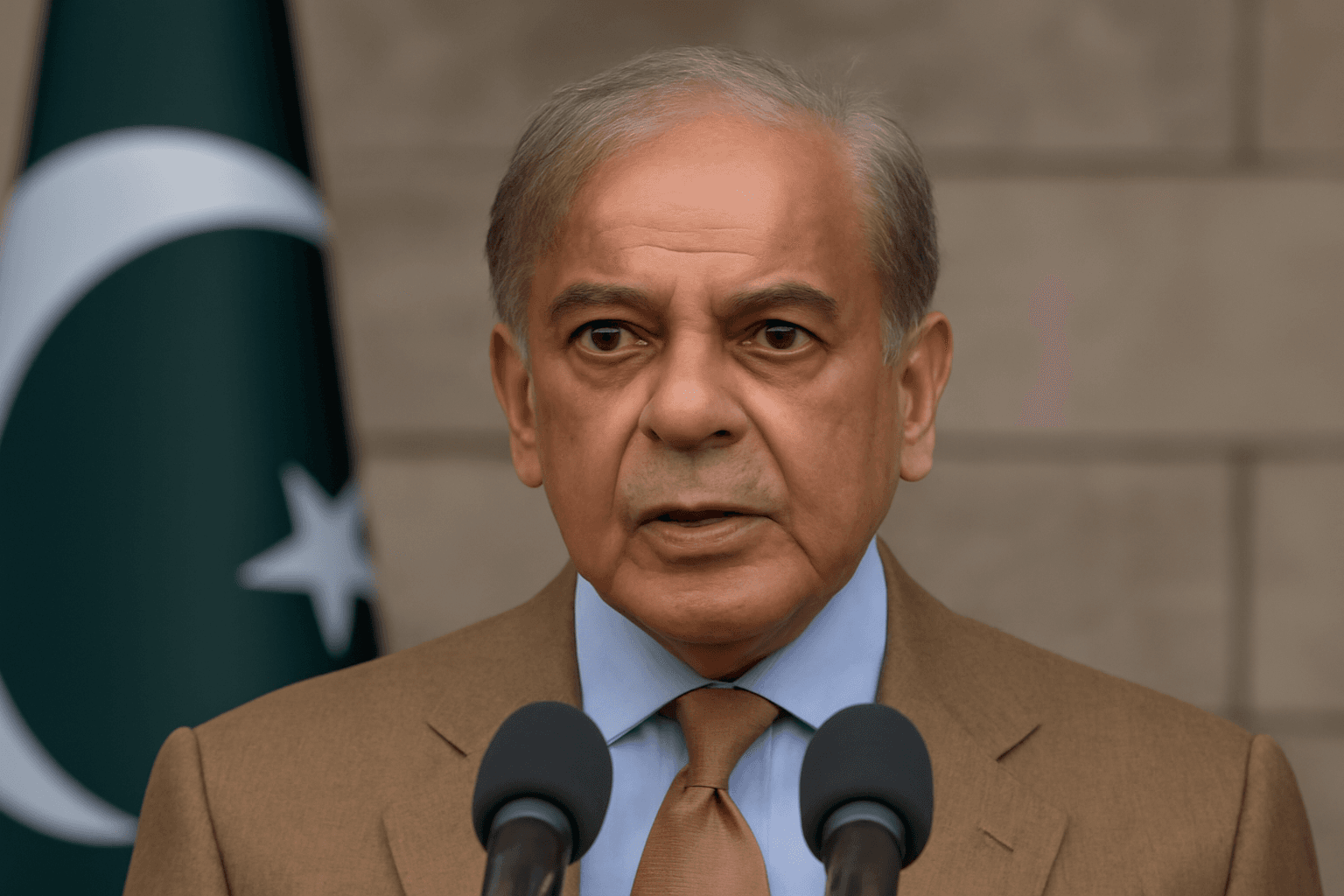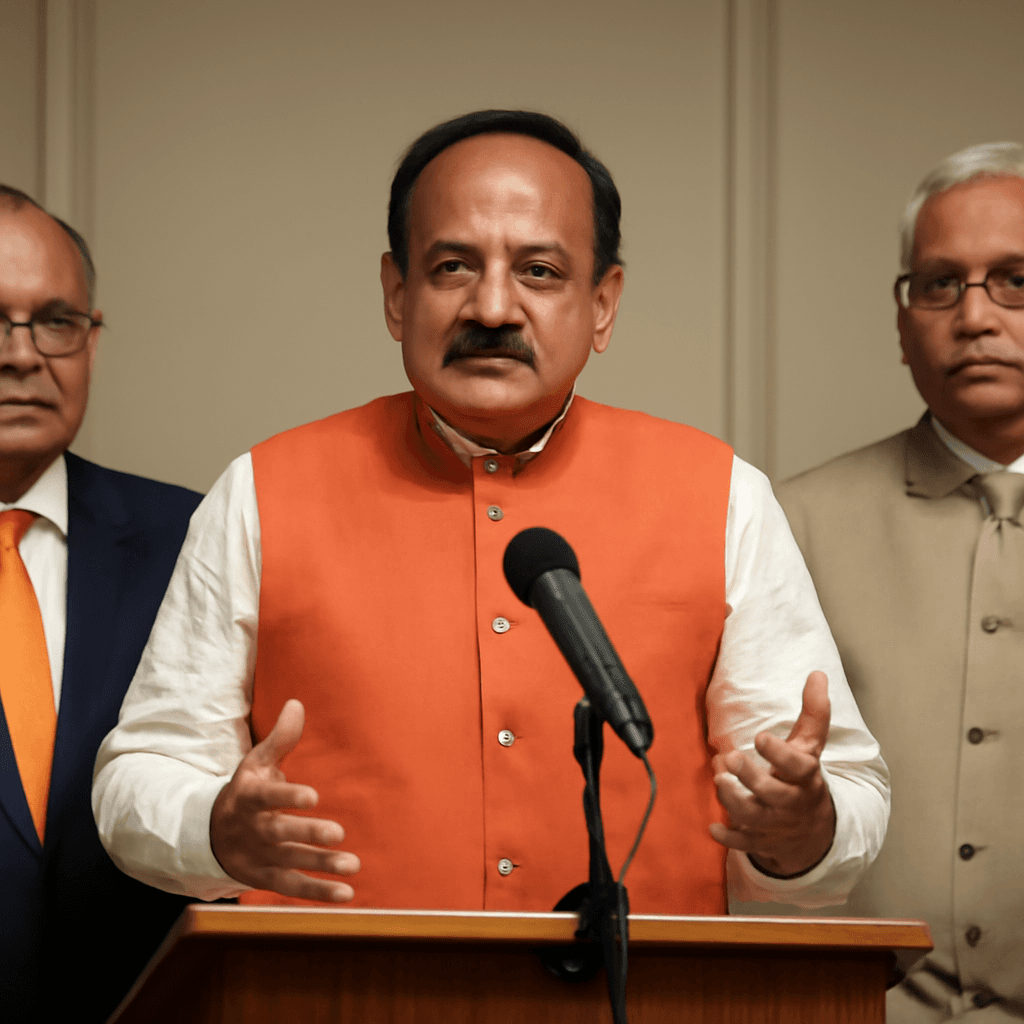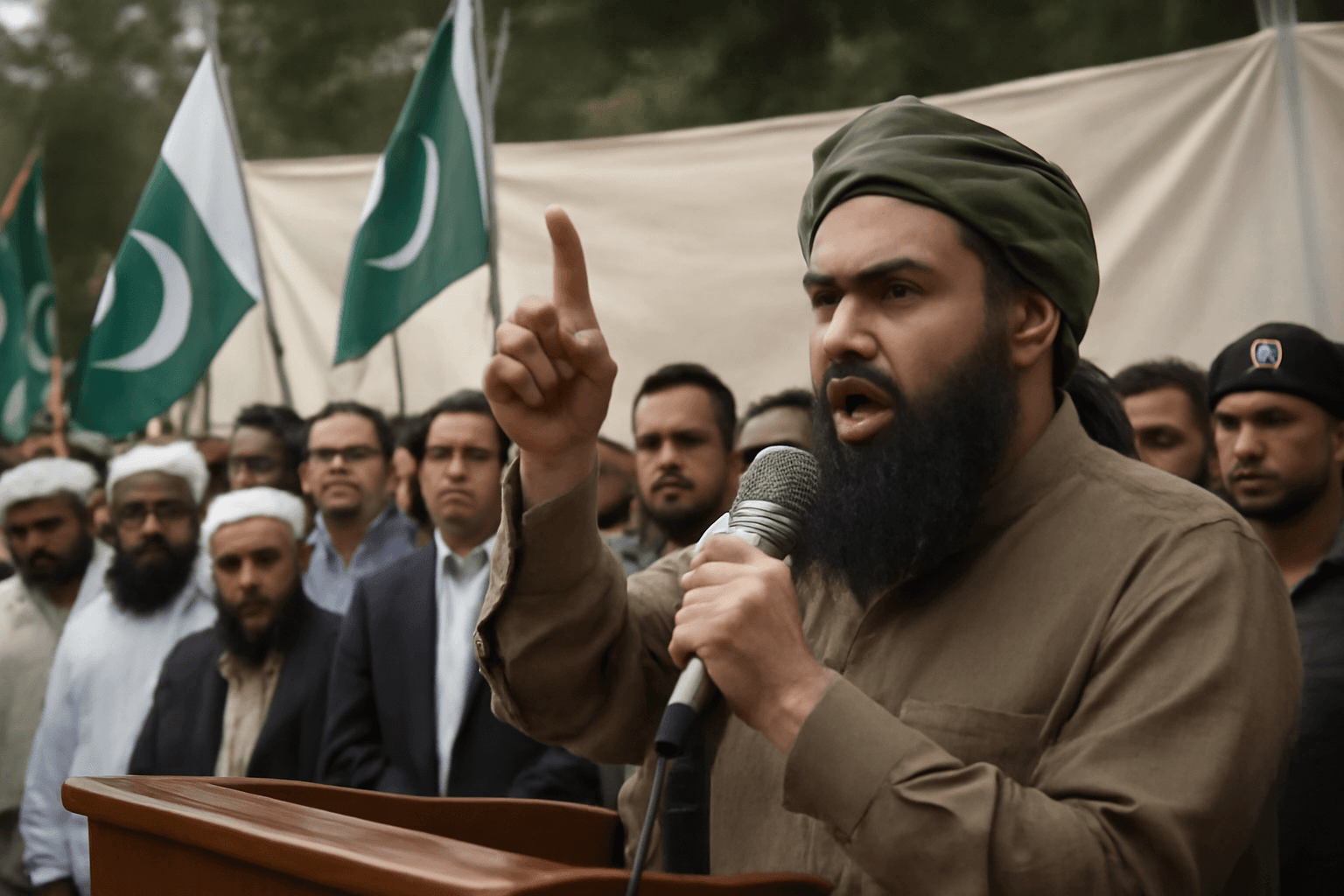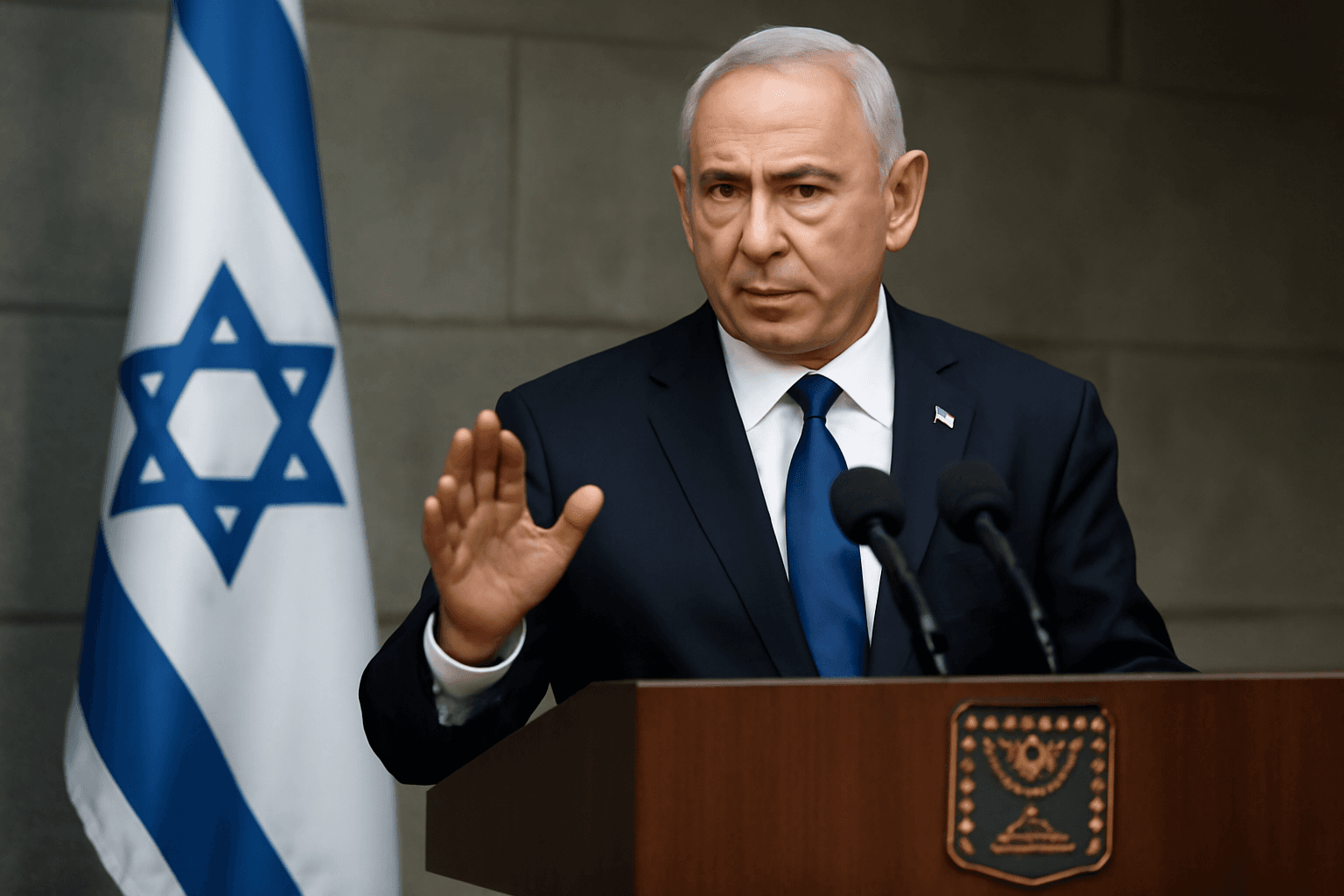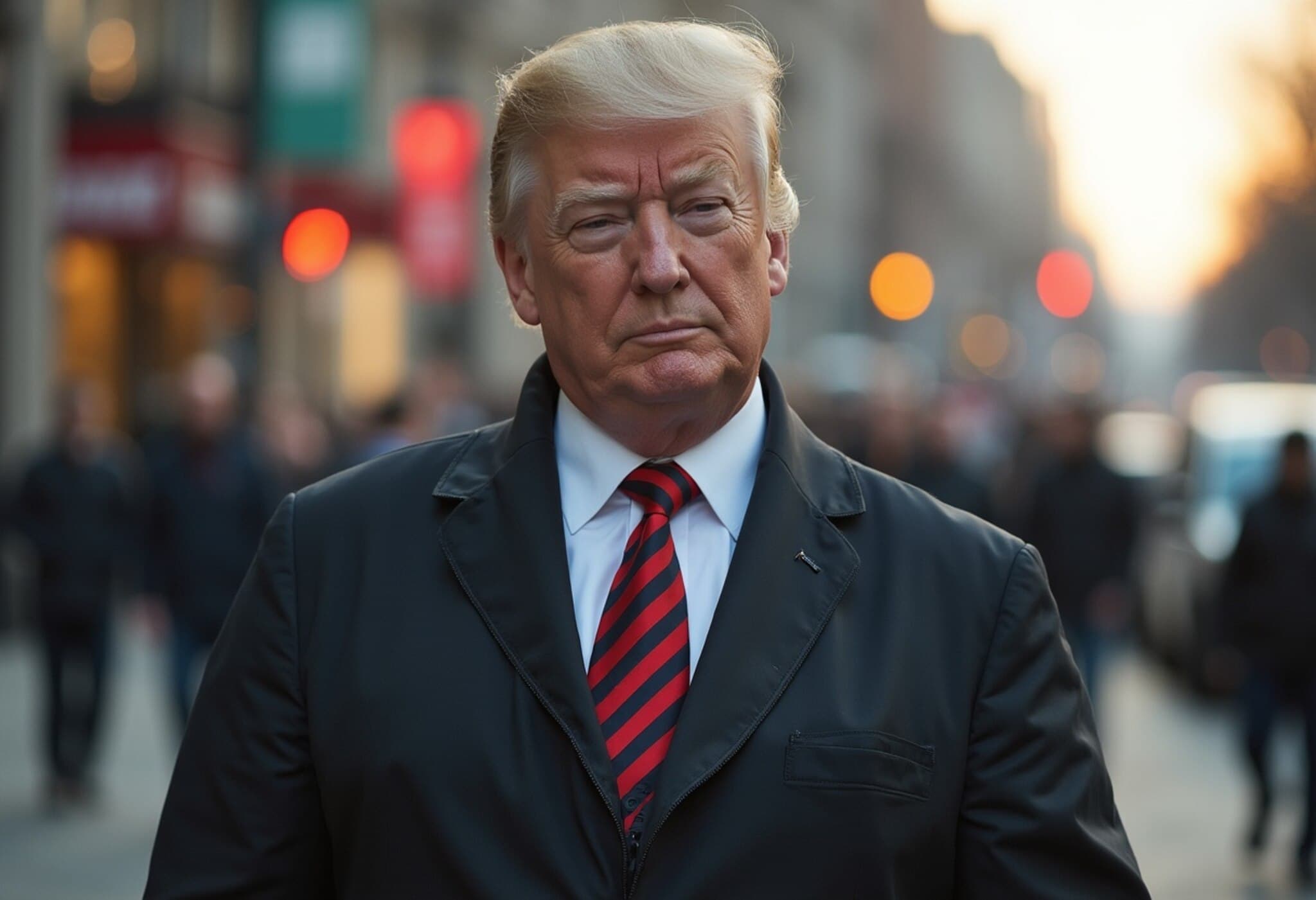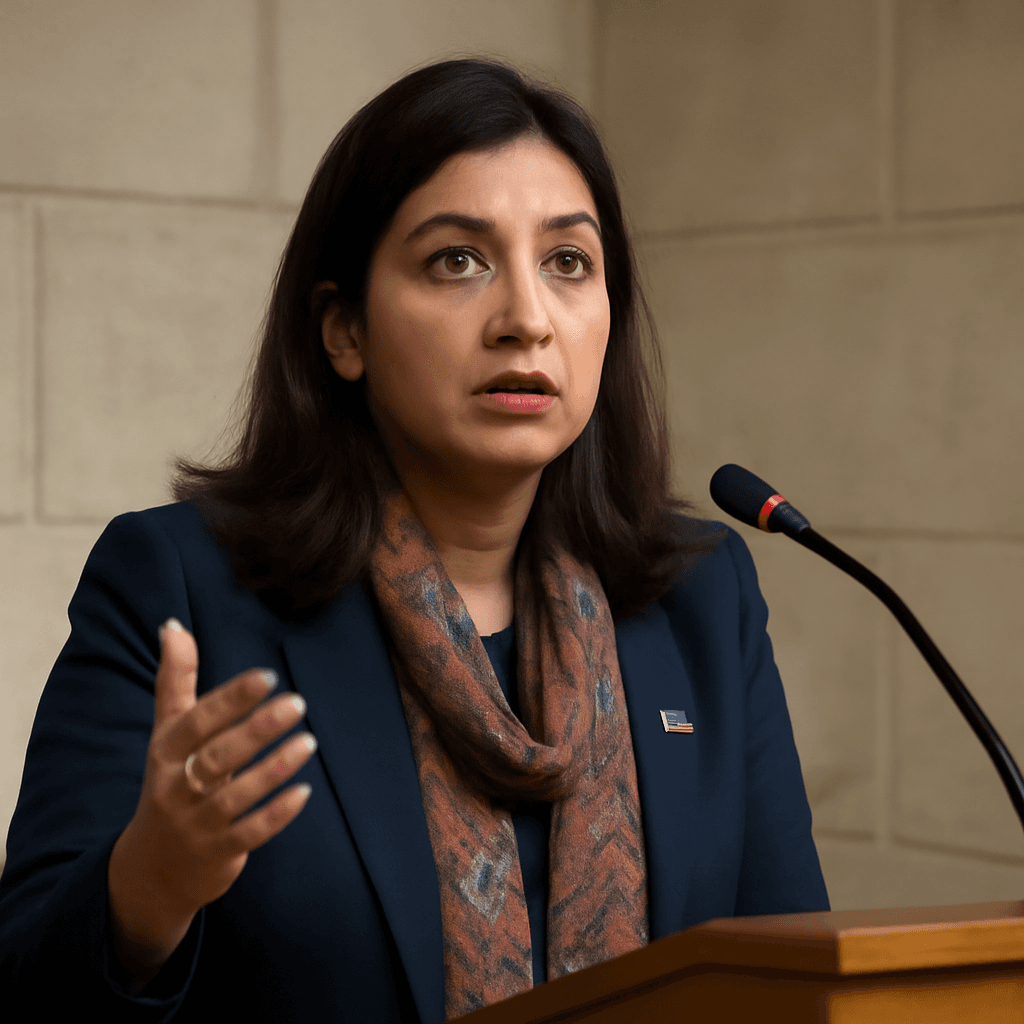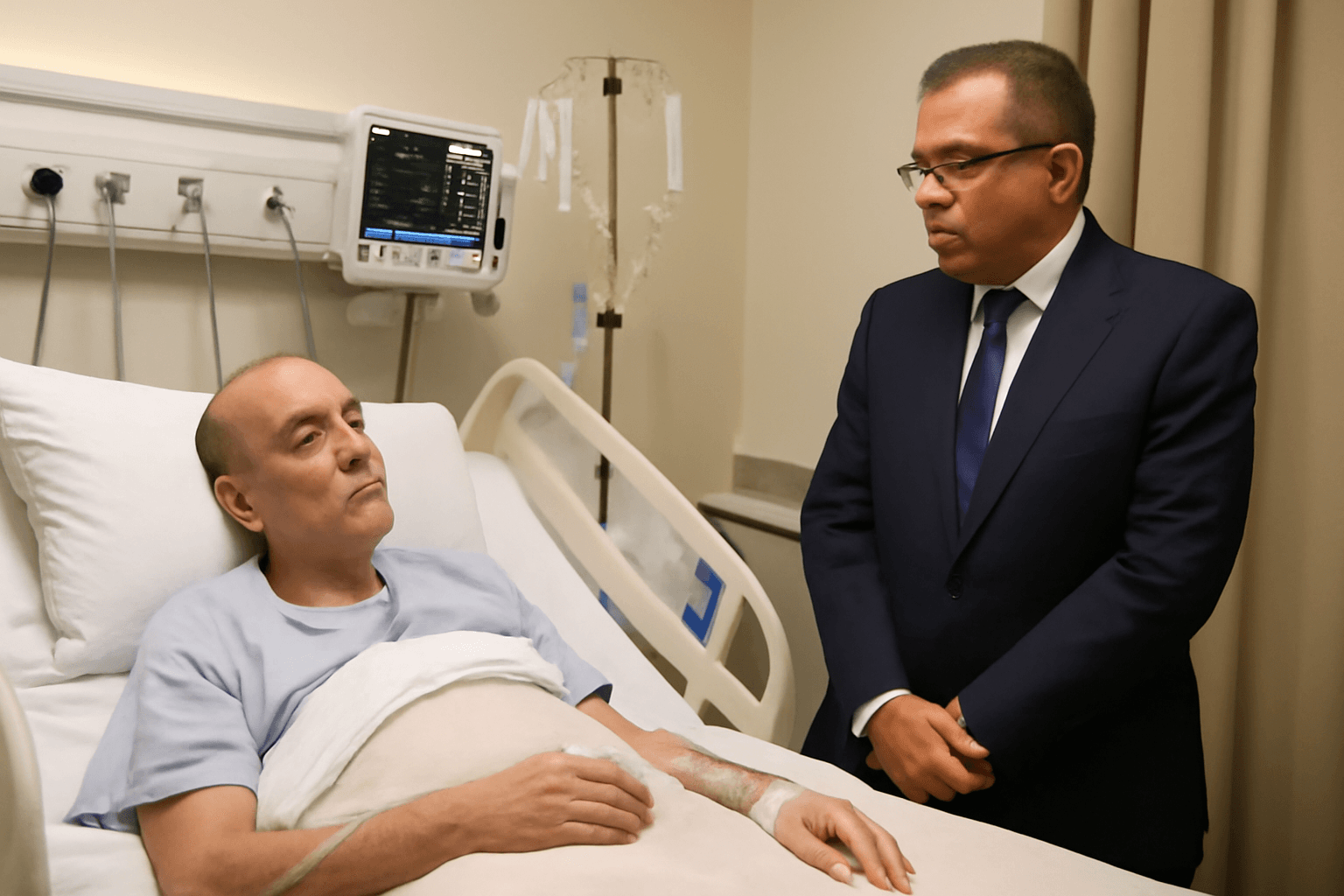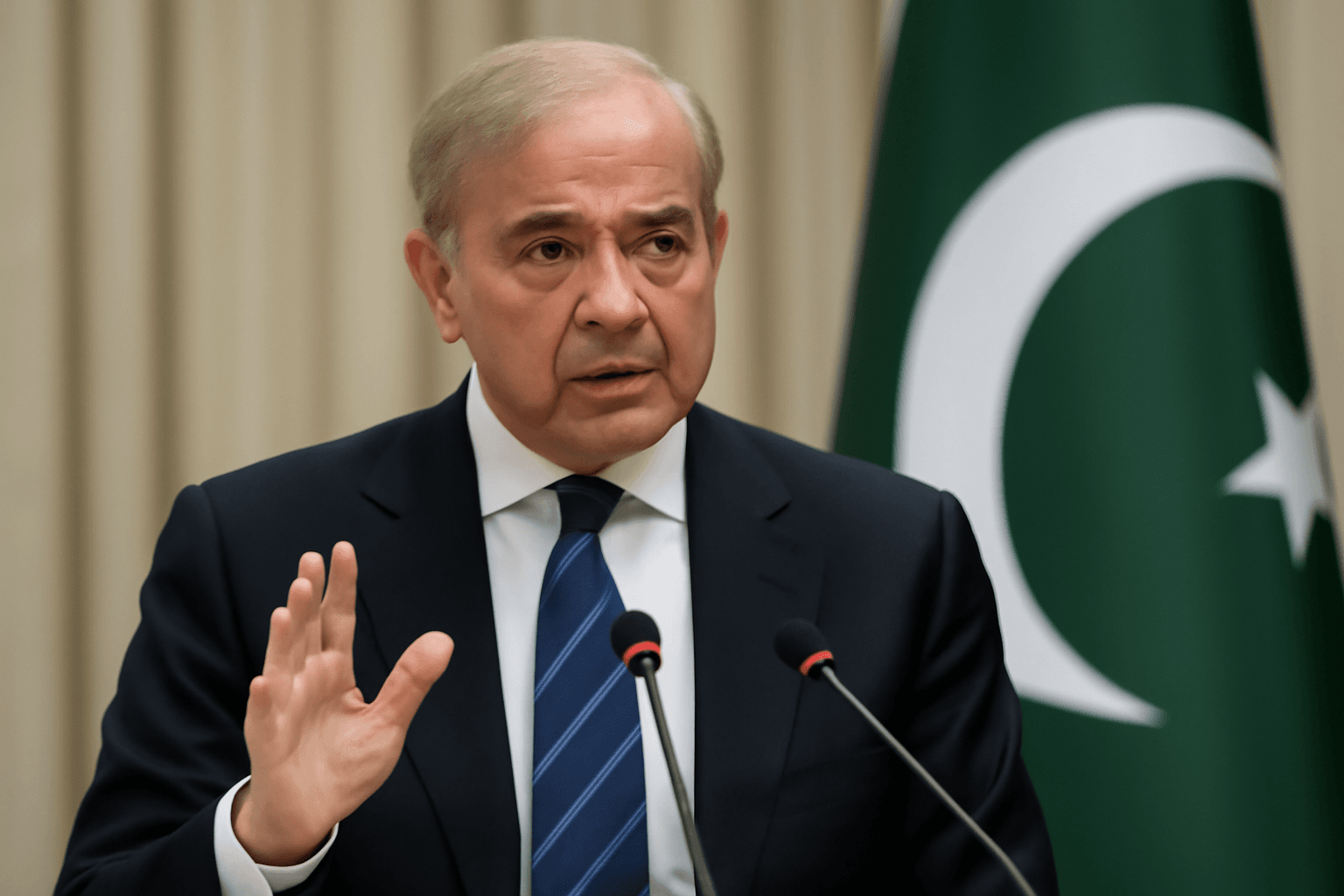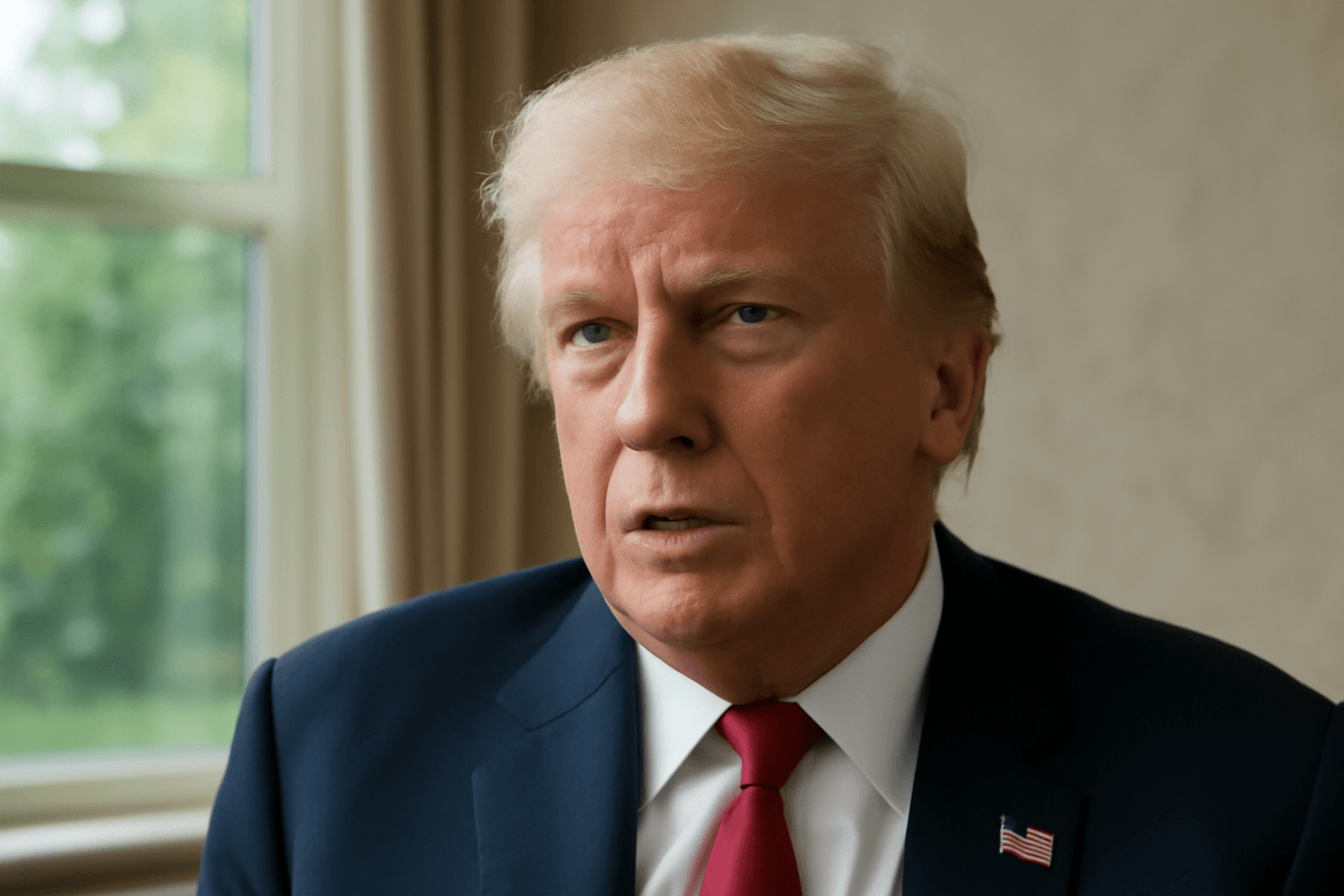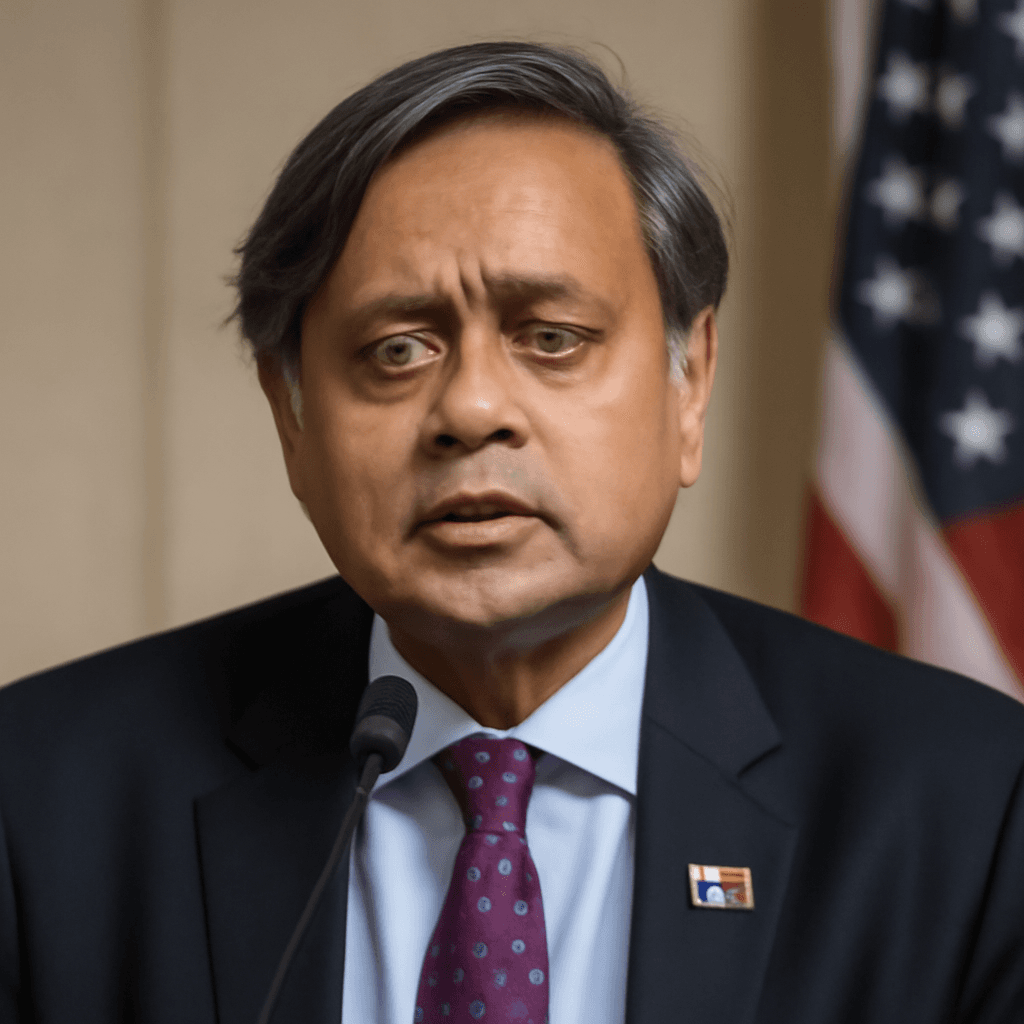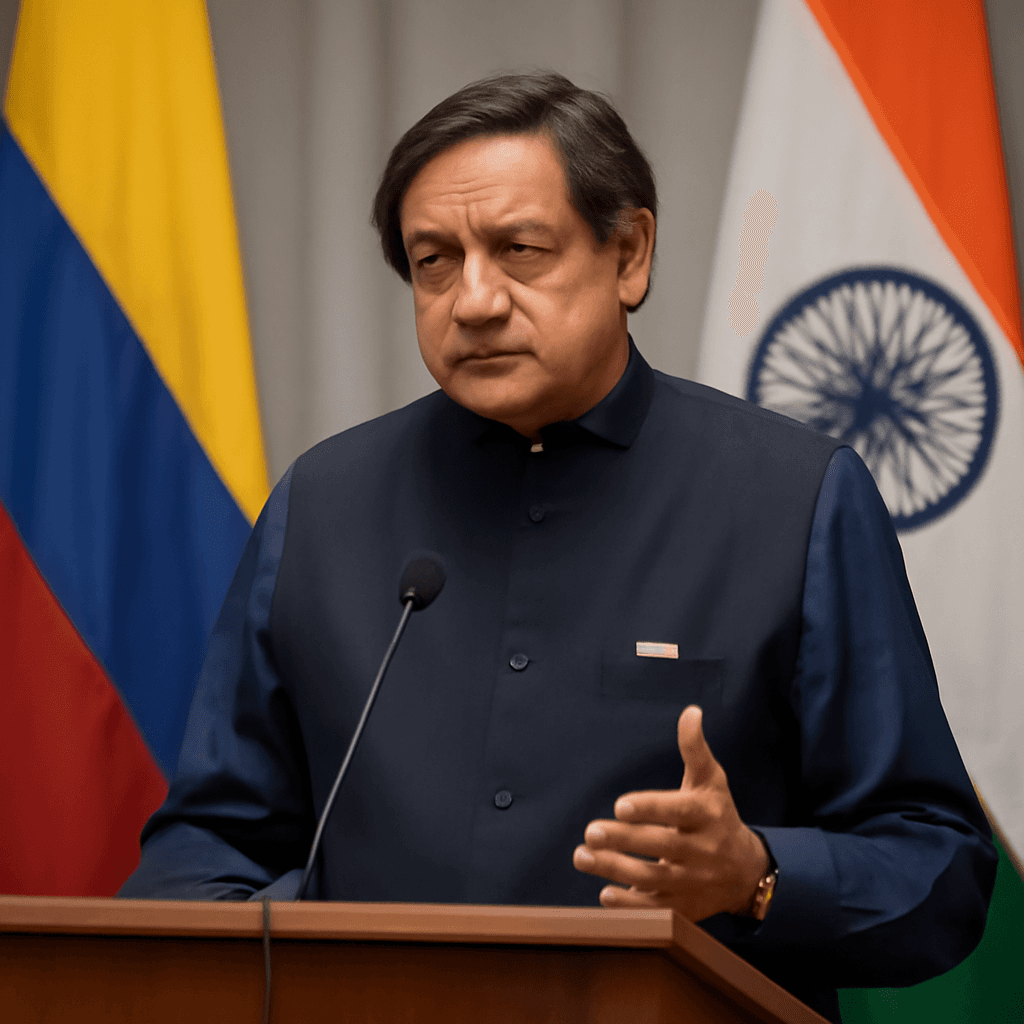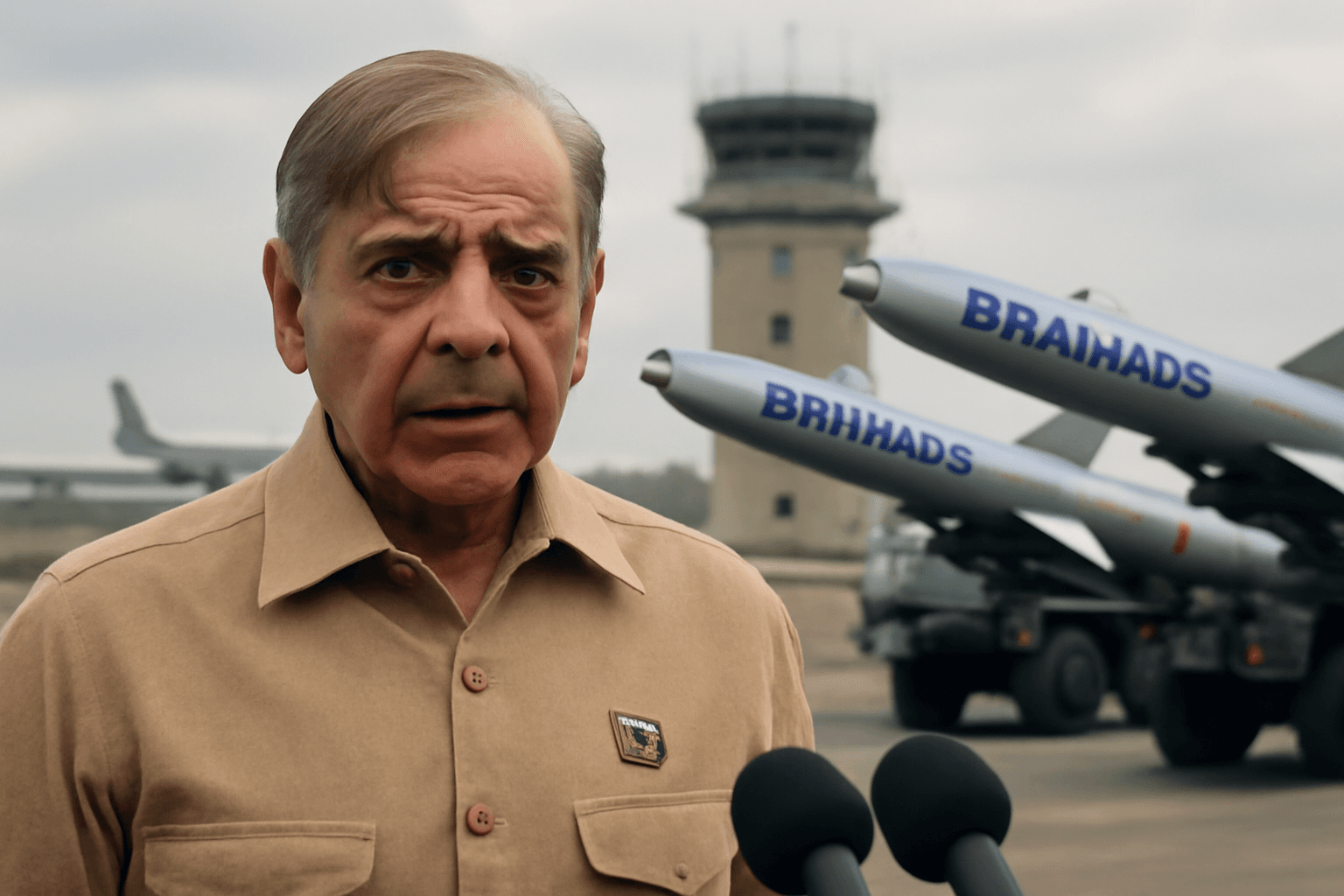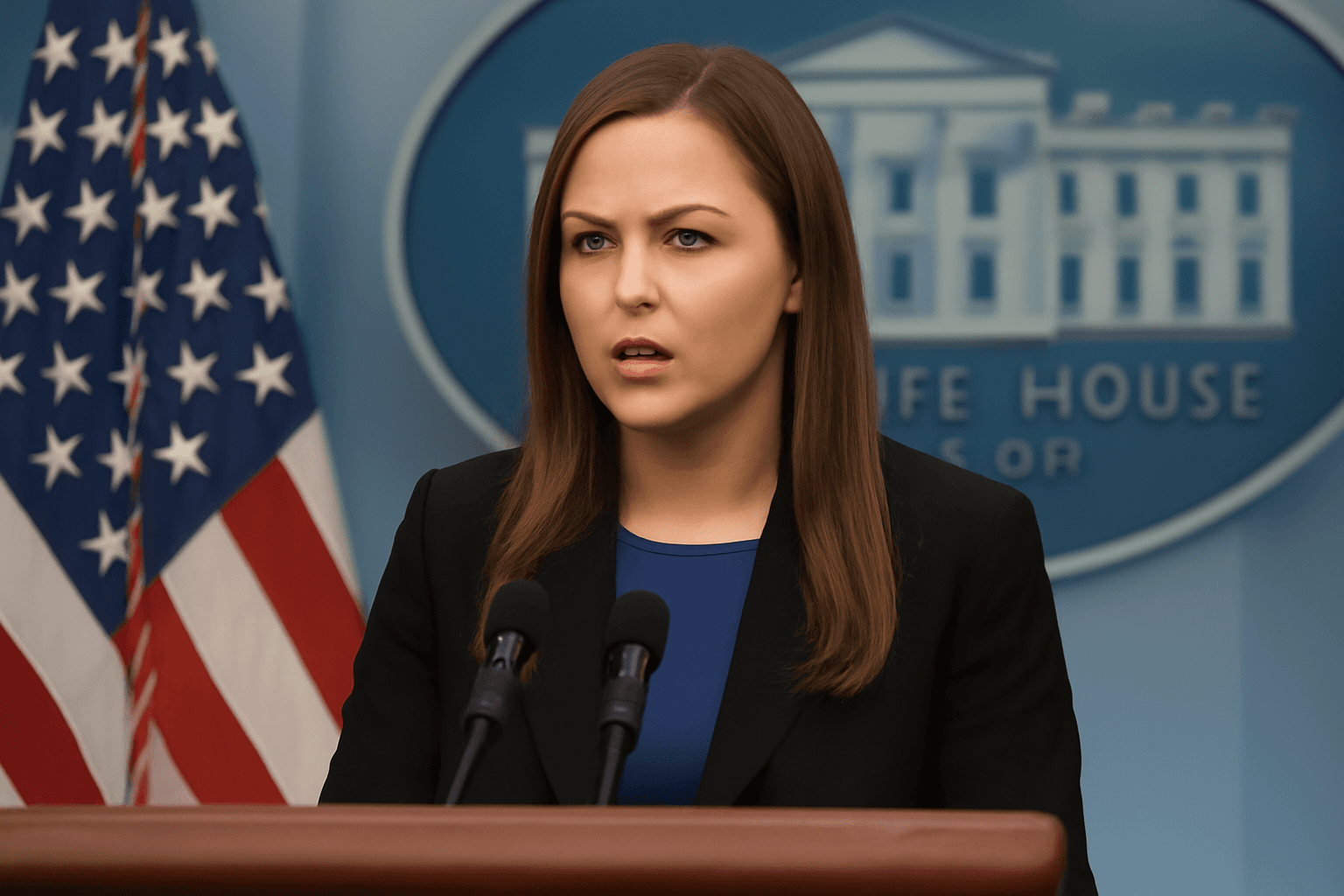New Delhi: Pakistan Prime Minister Shehbaz Sharif has publicly acknowledged that India launched BrahMos ballistic missile strikes targeting multiple locations in Pakistan during the night of May 9-10. These strikes, carried out as part of Operation Sindoor, aimed at terror infrastructure in Pakistan and Pakistan-Occupied Kashmir (PoK) in retaliation for the April 22 deadly terror attack in Pahalgam.
Speaking at an event in Azerbaijan, PM Sharif revealed that Pakistan’s armed forces had planned a measured response against Indian aggression at 4:30 a.m., immediately after the Fajr prayers. However, India’s missile launch pre-empted their planned retaliation, striking critical targets including the airport in Rawalpindi.
"On the night of May 9-10, we intended to respond after Fajr prayers, but India launched BrahMos missiles first, hitting several provinces including Rawalpindi's airport," Mr. Sharif stated.
This admission is not the first instance where the Pakistani leadership has confirmed the impact of Operation Sindoor. Earlier this month, Sharif described receiving a 2:30 a.m. call on May 10 from Pakistan’s Chief of Army Staff, General Syed Asim Munir, informing him of the missile strikes on strategic locations.
According to official sources, Indian forces targeted nine terror facilities—four in Pakistan (Bhawalpur, Muridke, Sarjal, Mehmoona Joya) and five in PoK (Sawai Nala, Syedna Bilal, Gulpur, Barnala, Abbas)—affiliated with terrorist groups such as Jaish-e-Mohammed, Lashkar-e-Taiba, and Hizbul Mujahideen. The strikes reportedly eliminated approximately 100 terrorists.
Following these strikes, Pakistan escalated tensions by launching drone attacks on civilian areas in India, prompting India to target military installations deep within Pakistani territory, including radar sites, command centers, and ammunition depots in Rafiqui, Chaklala, Rahim Yar Khan, Sukkur, and Sialkot.
On May 10, both countries agreed to cease all hostilities across land, air, and sea. However, Pakistan violated the ceasefire within hours, although India confirmed its commitment to continue the ceasefire indefinitely.
Prospects for Dialogue
Prime Minister Sharif recently expressed Pakistan's willingness to engage in talks with India to resolve longstanding issues such as Kashmir, water-sharing, and trade. Nevertheless, India maintains that meaningful dialogue hinges on Pakistan’s cessation of support for cross-border terrorism.
In a media briefing, India’s External Affairs Ministry spokesperson Randhir Jaiswal emphasized, "Terrorism and talks cannot go together. Any engagement requires Pakistan to hand over designated terrorists and to vacate Pakistan-Occupied Kashmir. The Indus Water Treaty will remain suspended until Pakistan completely renounces cross-border terrorism."

